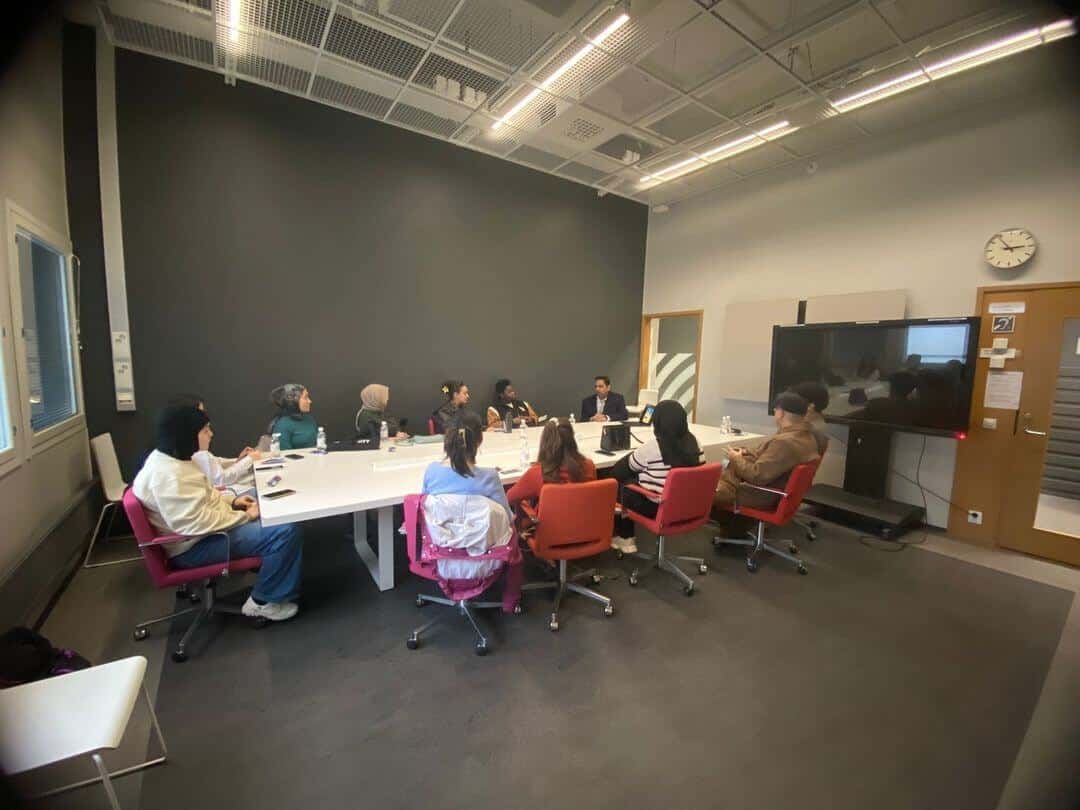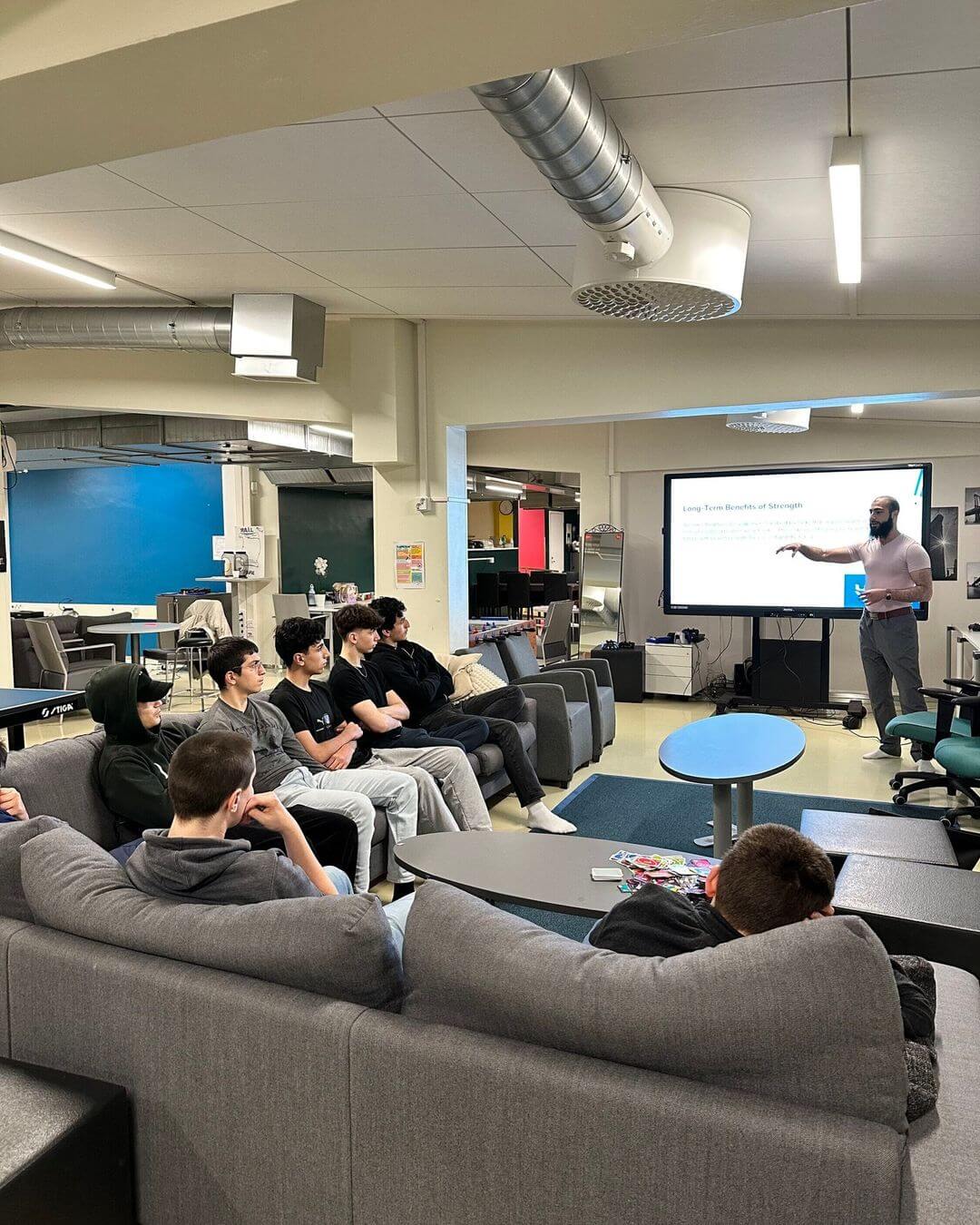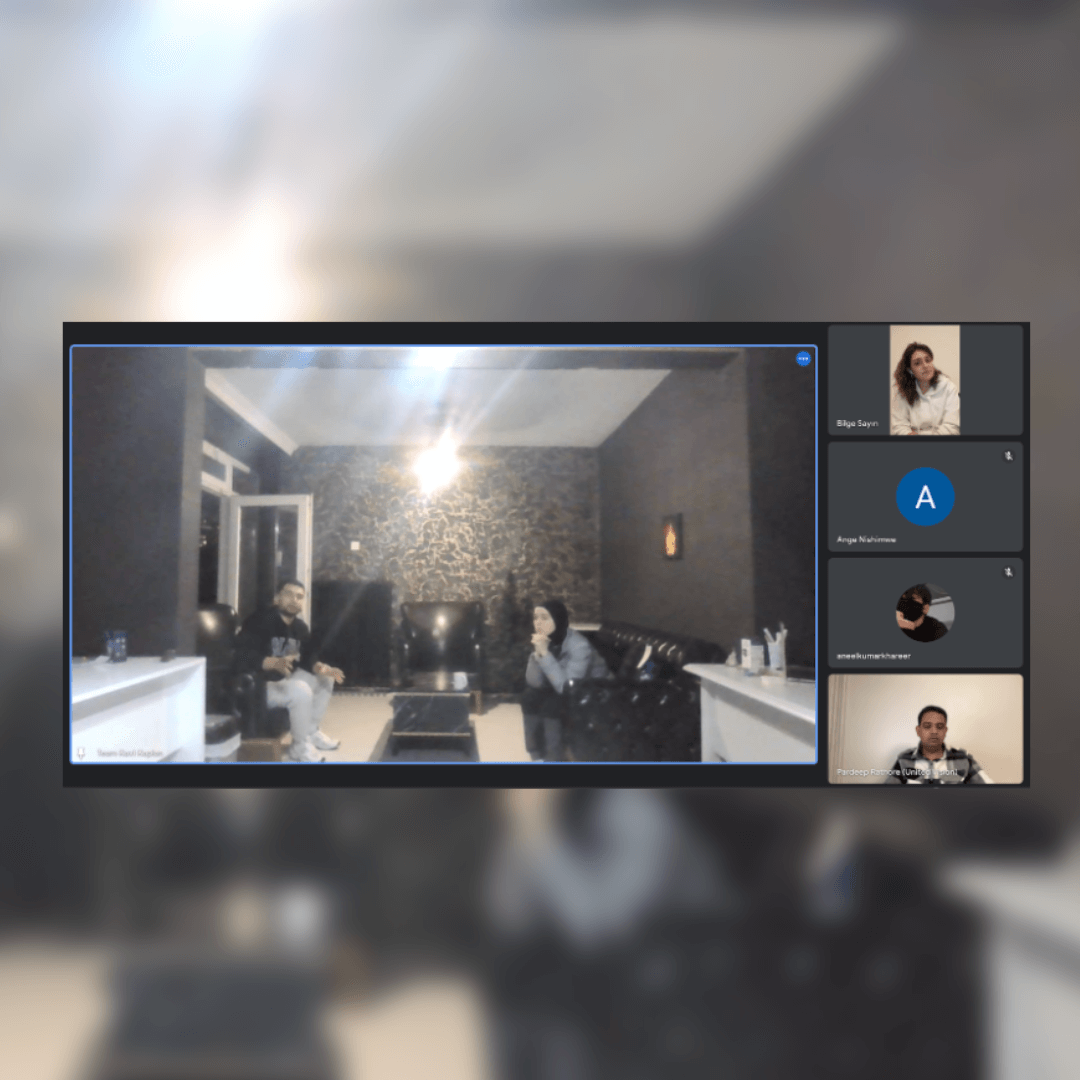Volunteering is more than just a generous act—it’s a powerful way to make a meaningful difference in your community and beyond. Whether you’re considering volunteering for the first time or looking to deepen your engagement, understanding the benefits and impact of volunteering can inspire and motivate you to get involved. Here’s how volunteering can transform lives and communities, and why you should consider joining the movement.
Why Volunteer? The Personal Benefits of Giving Back
- Enhance Your Skills and Experience Volunteering provides an opportunity to develop new skills and gain valuable experience. From leadership and teamwork to communication and problem-solving, volunteering can enhance your professional and personal growth. Many organizations offer training and mentorship, helping you build competencies that can boost your career.
- Build a Stronger Network Volunteering connects you with like-minded individuals who share your passion for making a difference. This network can lead to new friendships, professional connections, and a supportive community. The relationships you build through volunteering can enrich your life and open doors to new opportunities.
- Improve Your Mental and Physical Health Engaging in volunteer work can lead to a greater sense of fulfillment and purpose. Studies show that volunteering can reduce stress, combat depression, and improve overall well-being. The physical activity involved in many volunteer roles can also contribute to a healthier lifestyle.
- Gain a Sense of Accomplishment Volunteering allows you to see the tangible results of your efforts. Whether you’re helping at a local food bank or participating in a community clean-up, witnessing the positive impact of your work can be incredibly rewarding.
The Ripple Effect: How Volunteering Impacts Communities
- Strengthen Community Ties Volunteers play a crucial role in building and maintaining vibrant communities. By contributing your time and skills, you help address local needs, support community initiatives, and foster a sense of unity. Volunteering strengthens social bonds and promotes a culture of care and collaboration.
- Support Non-Profit Organizations Non-profit organizations rely heavily on volunteers to achieve their missions. By volunteering, you provide essential support that allows these organizations to operate effectively and reach more people in need. Your involvement can make a significant difference in their ability to deliver services and programs.
- Promote Social Change Volunteers often drive social change by advocating for important causes and raising awareness about critical issues. Your efforts can contribute to broader movements for justice, equality, and sustainability, helping to address systemic challenges and create a more equitable society.
- Inspire Others to Get Involved Your commitment to volunteering can inspire others to follow suit. By sharing your experiences and encouraging friends and family to get involved, you help create a ripple effect that amplifies the impact of volunteer work and fosters a culture of giving.
How to Get Started with Volunteering
- Identify Your Passion Reflect on your interests and values to find volunteer opportunities that align with your passions. Whether you’re passionate about education, environmental conservation, or social justice, there are countless organizations and causes that could benefit from your support.
- Research Opportunities Look for local non-profits, community groups, and volunteer organizations that offer opportunities in your area. Many organizations have websites where you can learn about their missions and available volunteer roles.
- Commit to a Cause Choose a volunteer role that fits your schedule and allows you to make a meaningful contribution. Whether you can volunteer once a week or just a few hours a month, your time and effort will make a difference.
- Spread the Word Share your volunteer experiences with others and encourage them to get involved. The more people who know about the benefits and impact of volunteering, the more collective change we can create.







